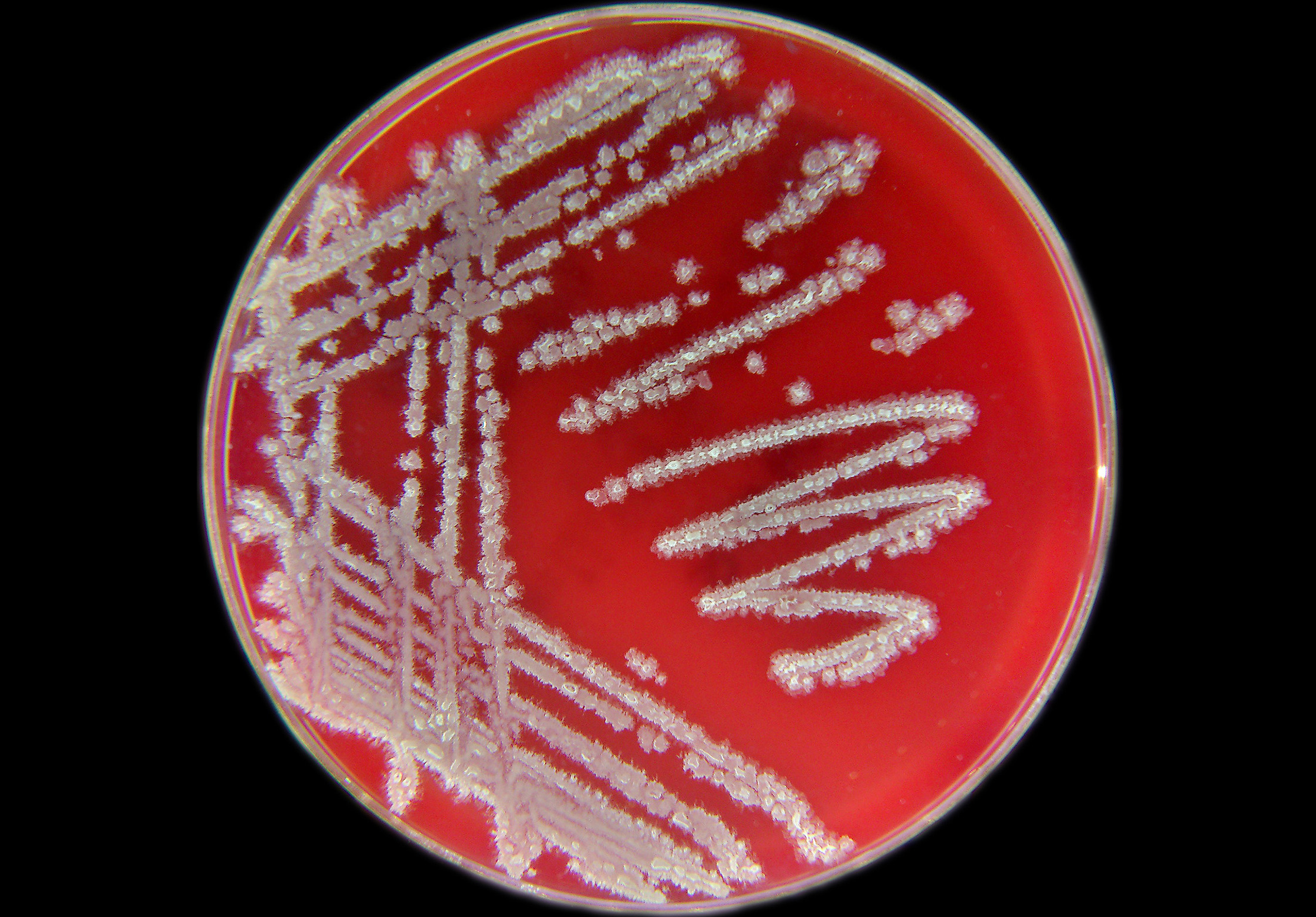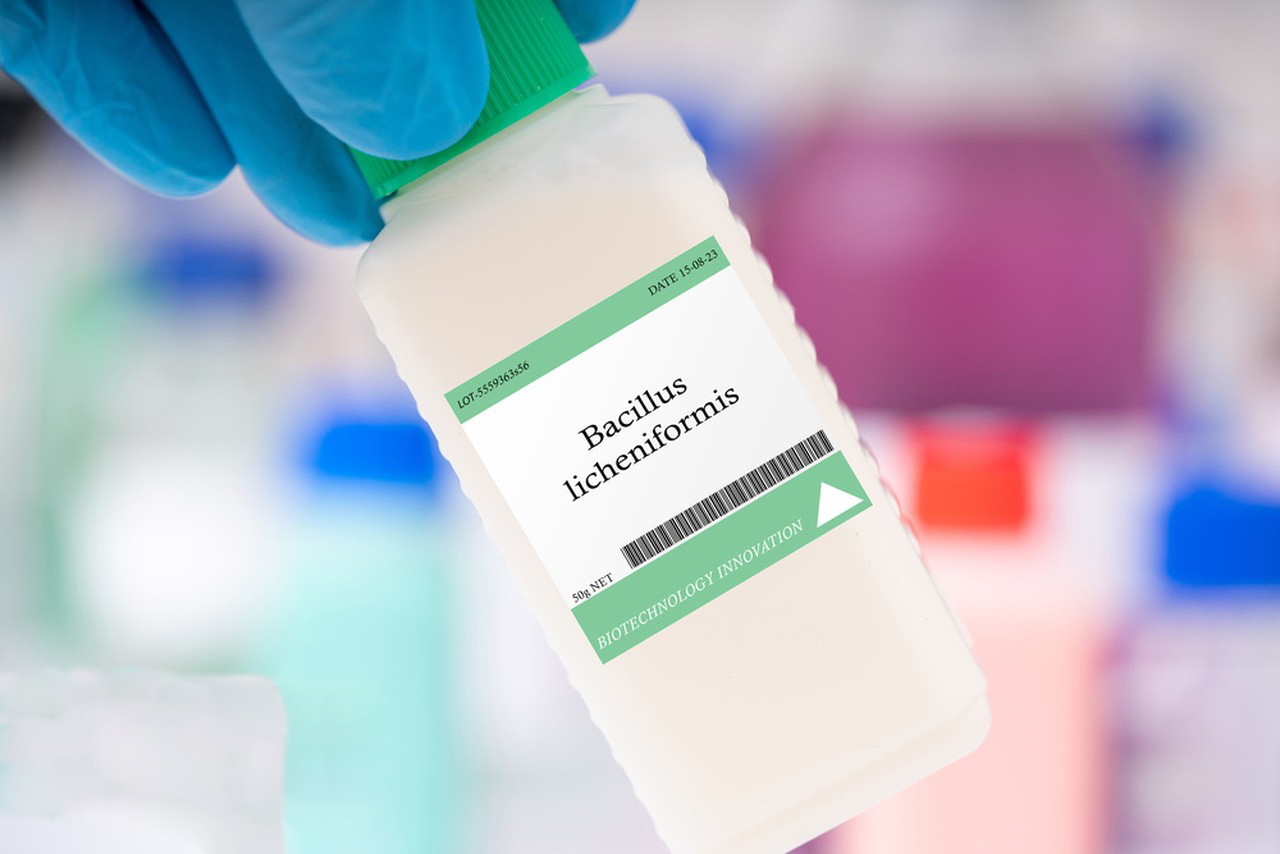Bacillus licheniformis is a Gram-positive, spore-forming bacterium known for its probiotic, antimicrobial, and enzyme-producing properties. Its pharmacological actions are primarily due to its production of bioactive compounds, enzymes, and metabolites. These include:
1.Antimicrobial Action
- Produces lichenysin, a biosurfactant with antibacterial and antifungal properties.
- Secretes bacteriocins and antimicrobial peptides that inhibit pathogens like Staphylococcus aureus and Escherichia coli.
- Competes with harmful bacteria in the gut, promoting gut health.
2.Probiotic and Gut Health Effects
- Supports intestinal microflora balance by outcompeting pathogenic bacteria.
- Enhances digestion by producing enzymes like proteases, amylases, and cellulases.
- Reduces intestinal inflammation and strengthens the gut barrier.

3.Immunomodulatory Effects
- Stimulates immune responses by activating macrophages and modulating cytokine production.
- Reduces oxidative stress and inflammation in the gut and other tissues.
4.Enzyme Production for Digestive Support
- Produces industrially significant enzymes like protease, lipase, amylase, and xylanase, aiding digestion and metabolic functions.
- Used in animal feed to enhance nutrient absorption and growth.
5.Anti-Biofilm and Wound Healing Properties
- Can degrade biofilms of pathogenic bacteria, making infections easier to treat.
- Some strains promote wound healing through enzyme secretion.

6.Bioremediation and Detoxification
- Capable of breaking down harmful substances, including toxins and heavy metals, in biological systems.
Due to these pharmacological properties, Bacillus licheniformis is widely used in probiotics, animal feed additives, pharmaceuticals, and biotechnology applications. However, its use should be carefully monitored as some strains have been associated with opportunistic infections in immunocompromised individuals.
